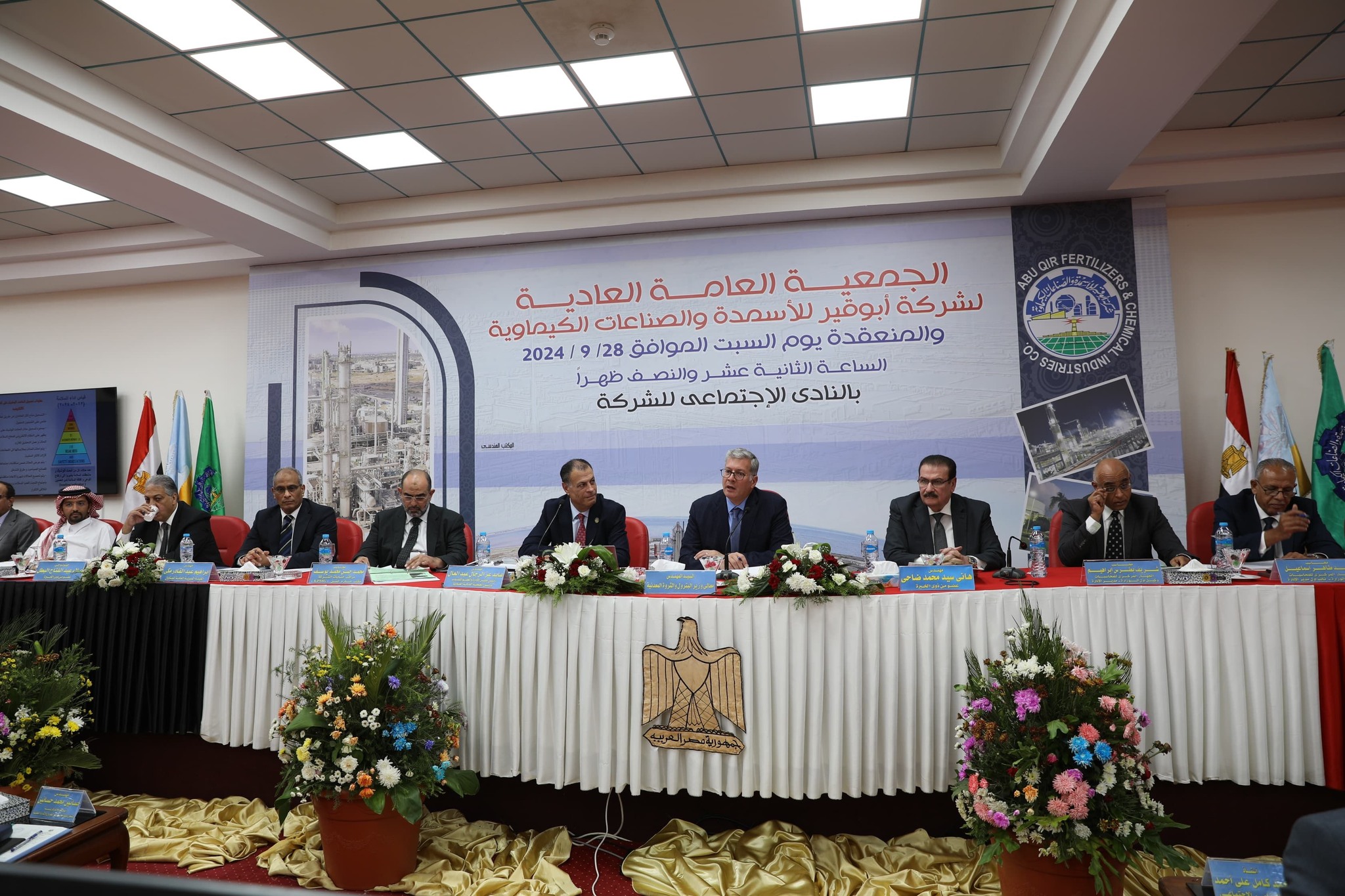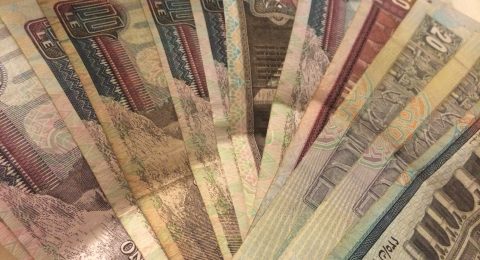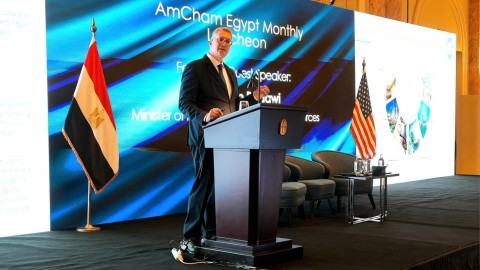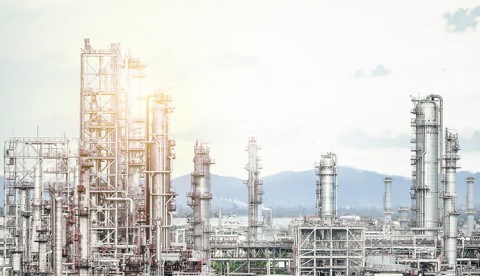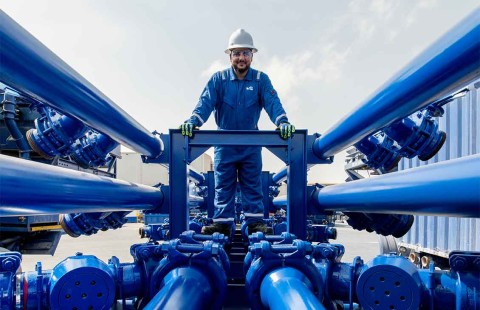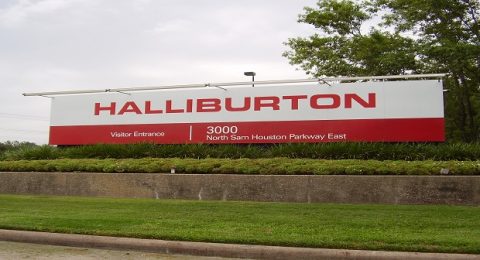Abu Qir Fertilizers Company (AFC) achieved total revenues of about EGP 28.87 billion during fiscal year (FY) 2023/24, compared to EGP 28.59 billion during the previous year, an increase of 57% over what was planned and an increase of 1% over the preceding year.
This came during the company’s general assembly meeting, attended by Karim Badawi, Minister of Petroleum and Mineral Resources, to the FY results.
A net profit of EGP 13.48 billion after taxes was achieved in 2023/24, compared to EGP 14.02 billion in the previous year, reflecting a 126% increase over the projected target, but a 4% decline compared to the previous year.
Badawi emphasized the importance of the professional, institutional work strategy adopted by AFC’s management and efficiently implemented by its workforce to maximize production capacity and integrate modern technology. This approach aims to boost productivity and profitability, reduce carbon emissions, and support green production and environmental sustainability, which will play a crucial role in ensuring long-term success and continuity.
The Minister pointed out the importance of the company’s approach to increasing production, reducing carbon emissions and applying modern technology.
AFC Chairman, Abed Ezz El Regal, noted that as the company celebrates the 45th anniversary of its factories—recognized as pillars of Egypt’s nitrogen fertilizer industry—the management and employees have been committed to developing well-researched and carefully prepared plans to address ongoing challenges.
During 2023/24, the company’s factories operated about 8.85 million working hours without injuries. A major overhaul was also carried out on the company’s oldest factory, Abu Qir 1, which was operated in 1979.
In parallel, the company succeeded in achieving the production plan for solid fertilizer factories with an increase of 9% over what was planned, and the marketing plan for the company’s products was achieved with an increase of 5% over what was planned.
In 2023/24, the company’s factories operated approximately 8.85 million working hours without any injuries. A major overhaul was also completed on the company’s oldest factory, Abu Qir 1, which has been in operation since 1979.
Additionally, the company exceeded its production plan for solid fertilizer factories by 9% and surpassed its marketing plan for products by 5%, compared to the targets set for the period.
